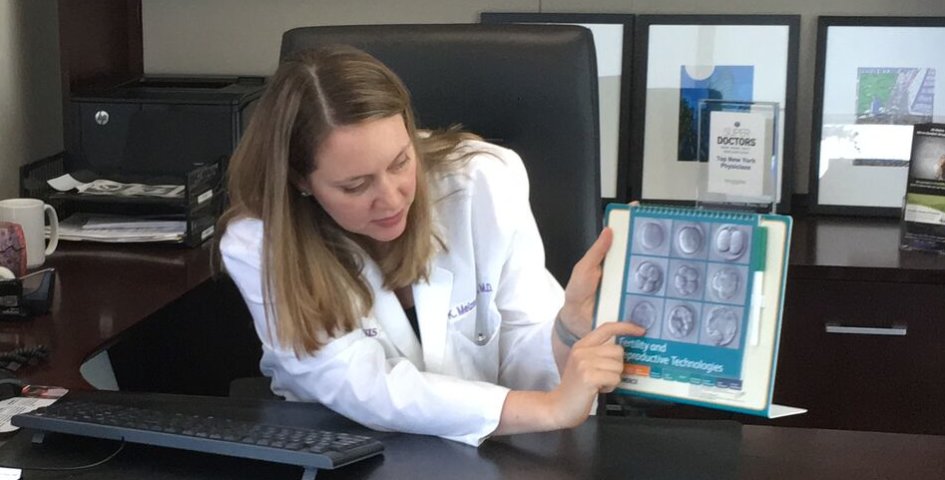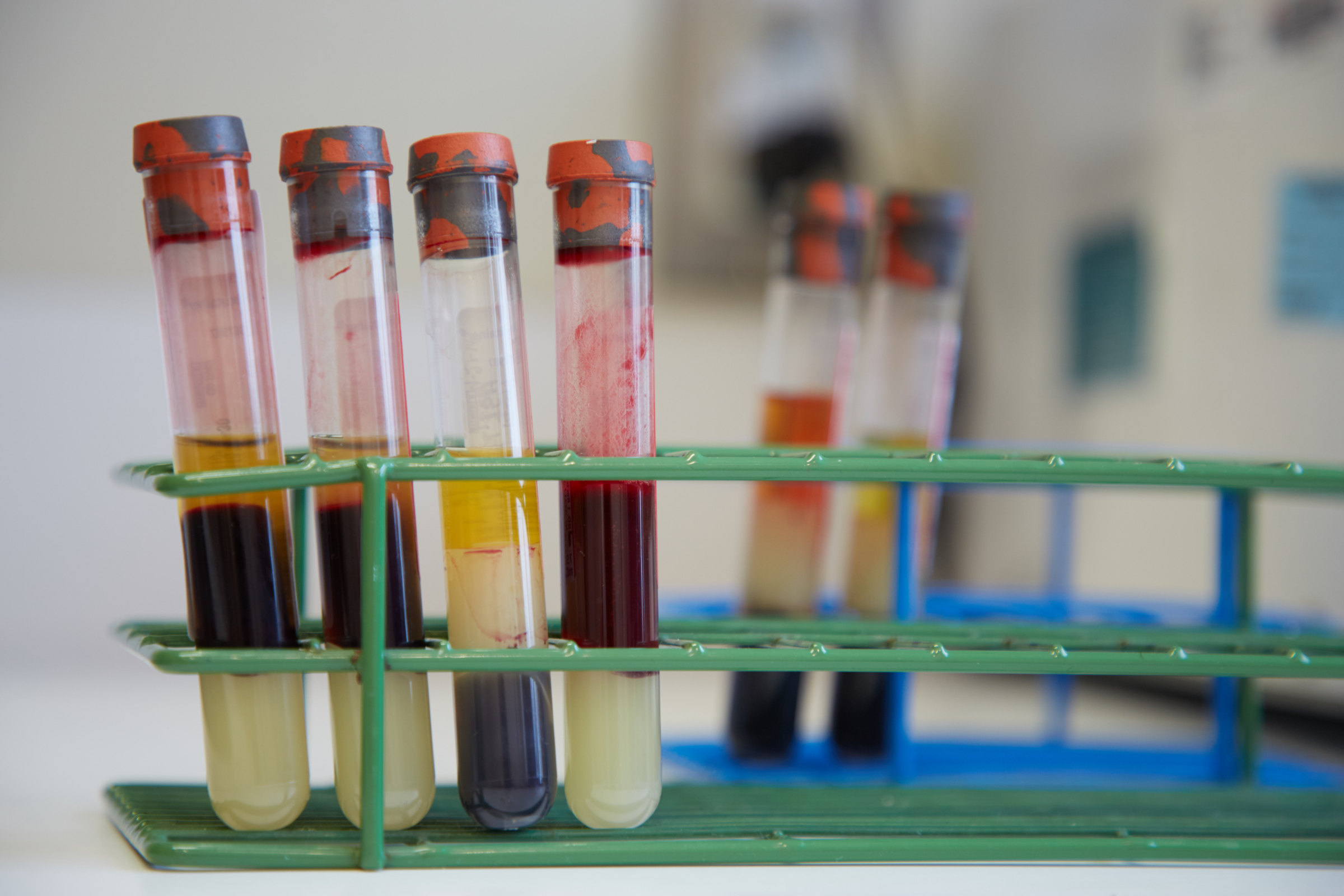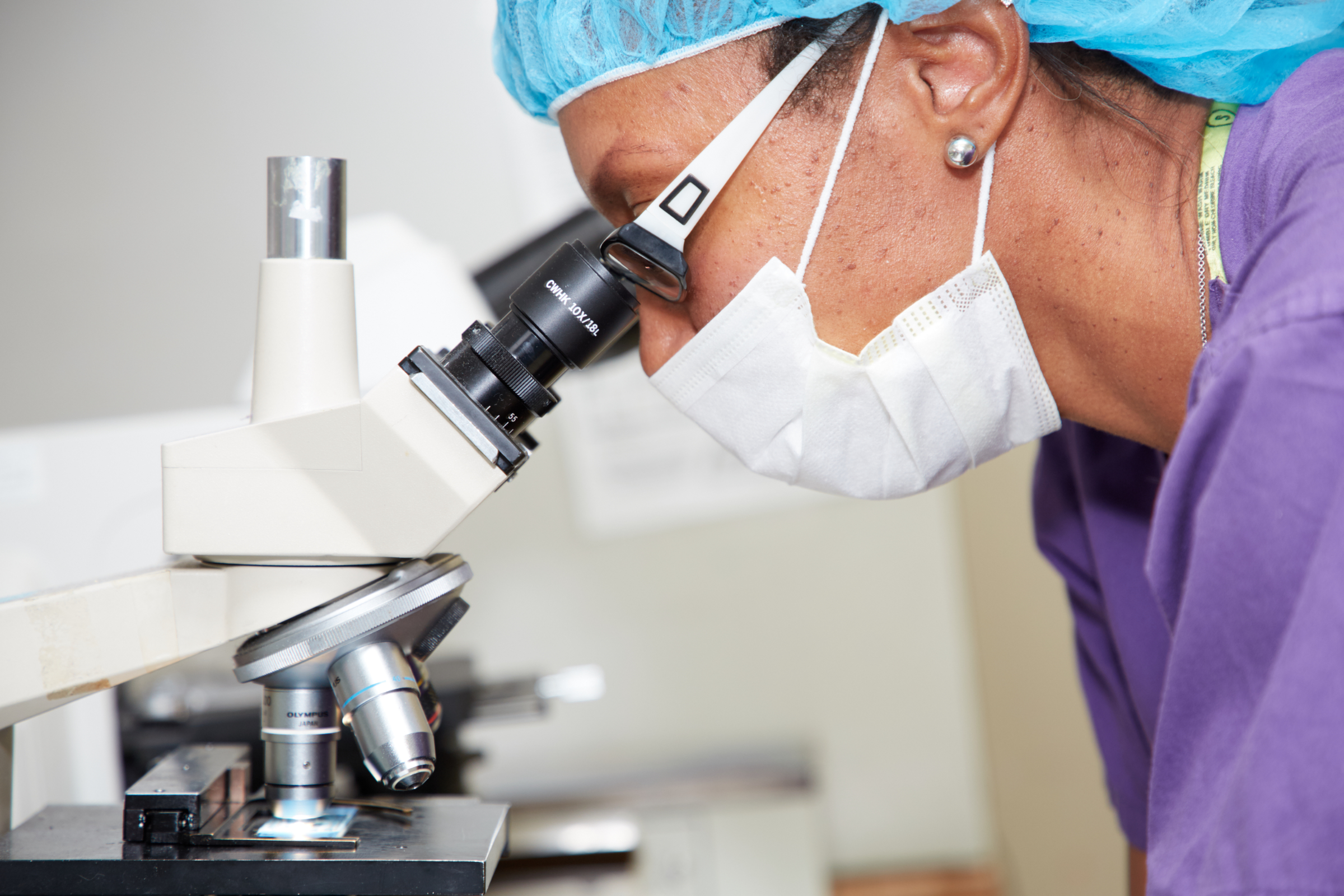If you’ve been trying to get pregnant for some time without success, it may be time to see a fertility specialist. This is an important and proactive step to take, but it can be daunting, especially if you are unsure of what to expect. The first fertility appointment will be centered on gathering information about your medical history and performing some initial tests. Either a physician or nurse practitioner will see you for the first consultation; which can be in-person or virtually. However, at the follow-up visit you will see the doctor to review your test results and create your treatment plan.
Here are six things you should know before attending your first fertility appointment.
Your ovulatory cycle
One of the first things that the doctor will want to find out is whether or not you are ovulating. You can find this out before your appointment by keeping a record of your basal body temperature (BBT) for a few months. This is inexpensive and can help you to conceive, so it is worth taking the time and effort to find out if and when you are ovulating. Many women have taken to using ovulation predictor kits (OPK). The OPK is also a good indication of whether or not ovulation is happening. However, neither the BBT nor OPK are 100% accurate tests for ovulation.
Fertility Tests
During your first meeting, the doctor or nurse practitioner will discuss your and your partner’s (if applicable) medical histories with you. They will then outline the necessary fertility tests that both of you will need to undertake in order to help find out why you are having difficulty conceiving.
Both you and your partner (if applicable) will need to have some blood tests and a physical examination. Men will be required to perform a semen analysis. Women will need to have an ultrasound completed in order to examine the contours of the uterus and uterine lining, as well as to check for any ovarian cysts, fibroids and/or congenital anomalies. Possibly the most important part of the ultrasound examination (also called a sonogram) is the antral follicle count. This gives the doctor a sense of your “ovarian reserve”. The doctor may also order a hysterosalpingogram (HSG, an x-ray of the uterus and the fallopian tubes). An HSG helps evaluate the status of your fallopian tubes (i.e. to ascertain whether or not there are any blockages preventing pregnancy).
Semen Analysis
A semen sample (ejaculated) will be analyzed in the laboratory for signs of male sub-fertility. The number of sperm in the sample will be counted, as well as observed for motility or movement problems. The semen analysis will also examine other parameters such as volume, PH, viscosity and viability of the sperm. Additionally, red and white blood cells in the sample will also be checked. Abnormal test results usually warrant repeat testing. However, should any sperm parameters be abnormal on repeat testing, the doctor may suggest an evaluation with a urologist who specializes in male fertility.
Related: What you need to know about semen analysis
Fertility Treatment Options
Once you have completed all the testing, your doctor will be able to provide you with a diagnosis. Even if your situation falls into the category of “unexplained infertility”, there are still options available to help you become pregnant. On some occasions other diagnostic evaluations that might not be routine may be warranted.
Once the diagnostic phase is completed, there are many treatment options that might be suggested. They range from quite simple to extraordinarily complicated, and will be tailored to the individual patient in order to get to the goal of a safe and enduring pregnancy.
Take the Next Step – Schedule an Appointment
Fertility Drugs and Their Side-Effects
Most infertility treatments require medication to be taken in order to stimulate ovulation. These drugs, however, do carry some risks and your doctor will discuss these with you before you begin your treatment. Whether you experience side effects will depend on the medication itself, your body’s reaction to it, as well as the dosage.
Most patients fear side effects from fertility medications because of what they read online. But, the internet does not always provide accurate information about these medications. The vast majority of women who take fertility medications do so without side effects or complications. The most common side effects – headaches, bloating, mood swings, hot flashes, breast, breast tenderness – are very uncommon. Also, fertility medications have all been tested extensively and are not known to increase the long term risk of developing cancer (that said, they also do not prevent cancer). When they are prescribed by a properly trained physician in the correct setting, fertility drugs are both safe and effective. If you experience any side effects make sure you tell your doctor.
The Fertility Treatment Journey
Undergoing fertility treatment can be an emotionally difficult time. It is important that both you and your partner talk openly about how you are feeling. You may want to consider seeing an infertility counselor or dedicated psychologist to help you through your fertility treatment journey.
We know there is a lot of anticipation and fear around making your first appointment, but we are here to help you each step of the way and relieve your anxiety. Everyone at GENESIS is like a family and we are all active participants in helping you grow your family. We will hold your hand through this exciting time in your life. Making your appointment is the first and biggest step in starting your fertility journey. Learn more about affordable fertility treatments.
Beatrix Potter is a professional health writer at Academized and Management Essay Help. Beatrix regularly writes articles about motherhood, female health and how issues relating to pregnancy.
Original post May 21, 2020
Last update March 15, 2023
If you would like to learn more about GENESIS Fertility New York or are ready to schedule an appointment, please speak with one of our representatives at 929-605-5467.






